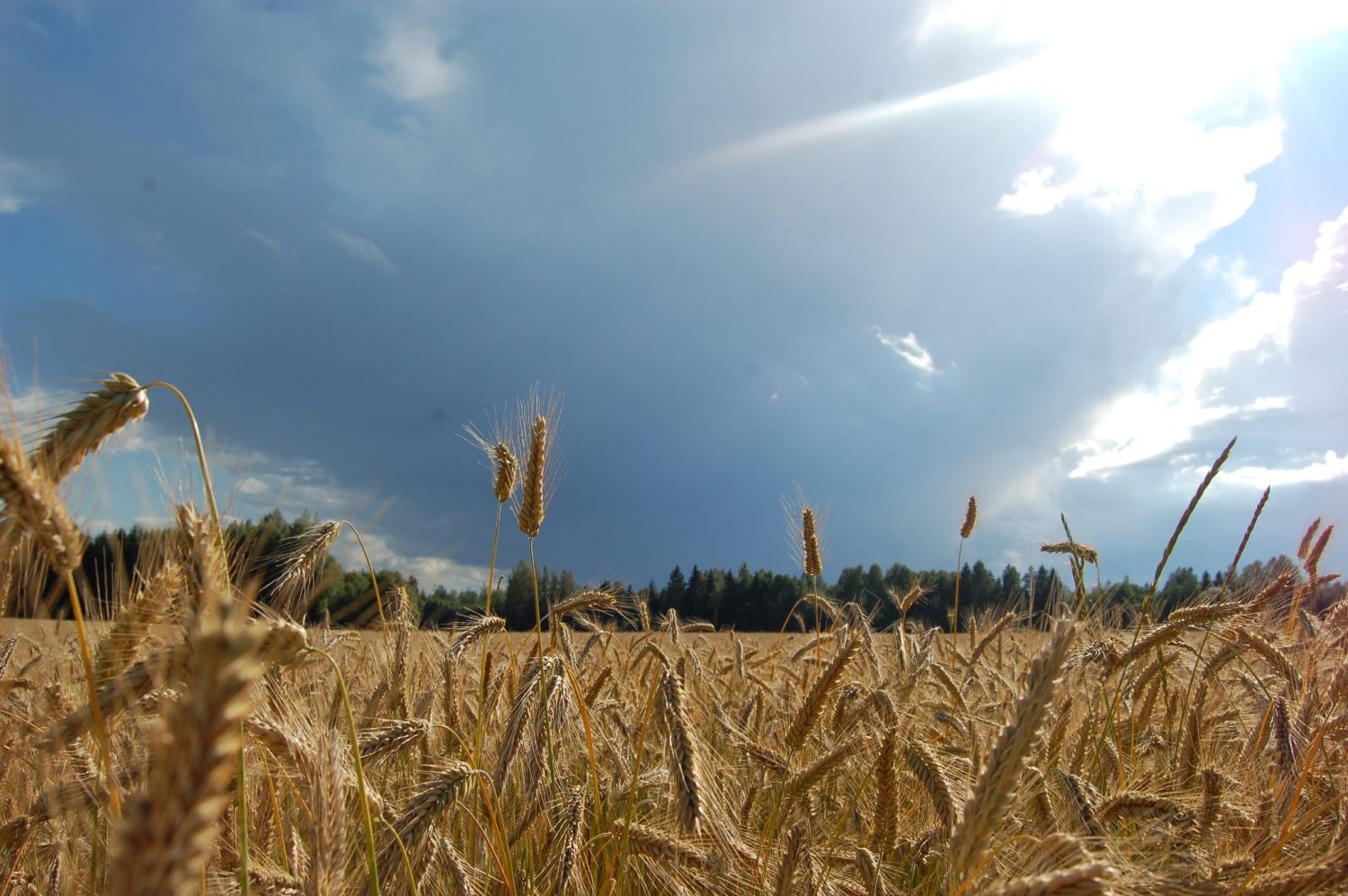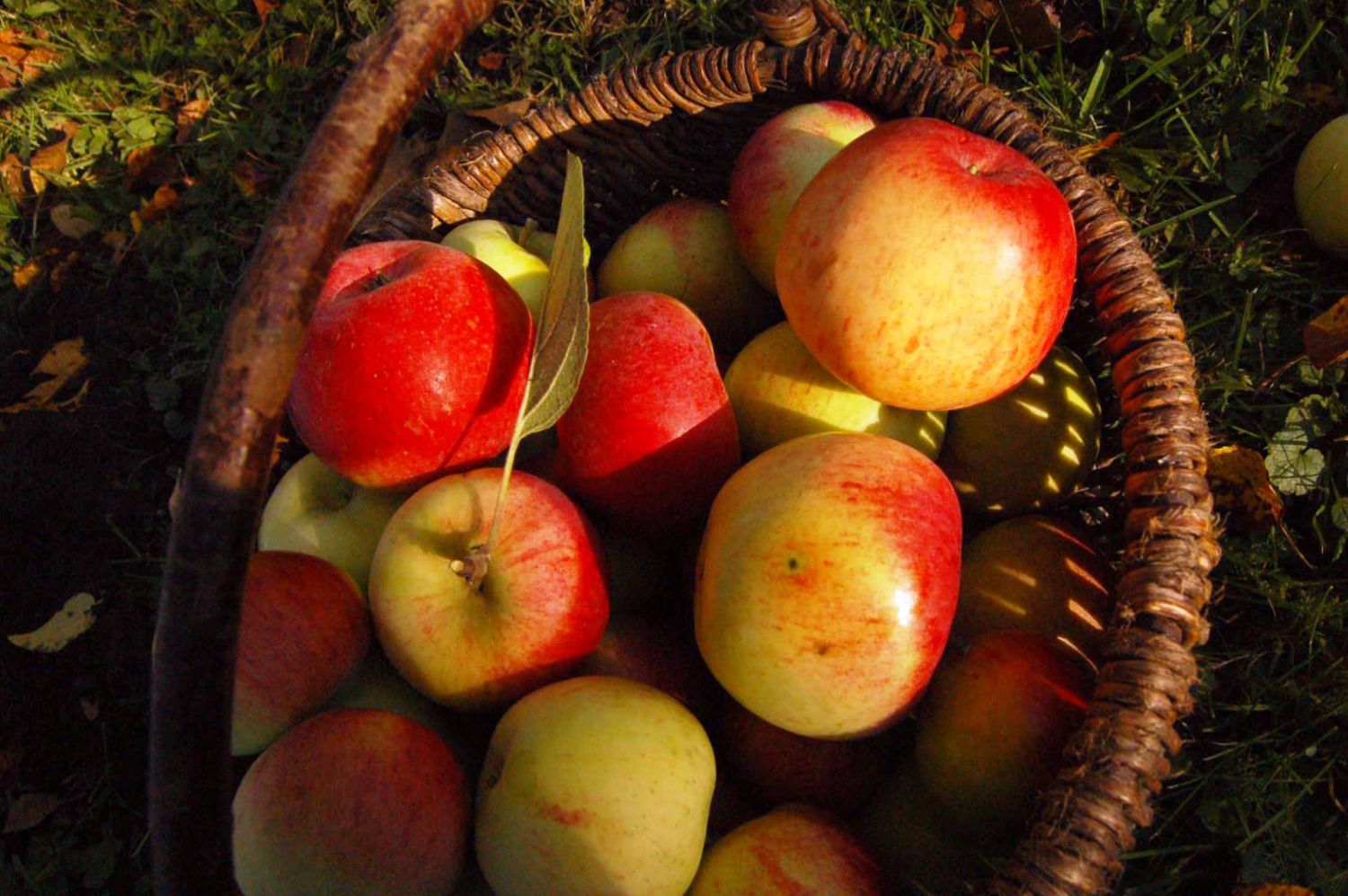Organic in Europe at a glance 
EU and policy regulatory framework
Organic farming has been regulated by the EU organic regulation at EU level since 1991. Today, Council Regulation (EC) No 834/2007 sets the European requirements for organic production by defining its aims, objectives and principles. Two implementing regulations (No 889/2008 and No 1235/2008) detail the organic production, labelling, control and import rules. All products with the organic label sold in the EU must be produced according to these regulations. In 2011 the European Commission announced the revision of the legal framework for organic production. Three years later, the Commission presented a legislative proposal to the European Parliament and Council of the EU. Following several years of discussion, the Parliament and Council adopted the final text in spring 2018. The new organic regulation will apply from 1 January 2021. If you want to learn more about IFOAM EU’s work and position on the new organic regulation visit the regulation section of our website.
Two other EU policies that have a significant impact on organic farming are the Common Agricultural Policy (CAP) and the European Framework for Research & Innovation. With almost 40% of the EU budget dedicated to the CAP it has a major influence on the European food and farming system. Though it has played an important role in developing organic, investments in the sector account to only 1.5% of the current EU agricultural spending. Despite significant reforms since its creation, sustainability is still not at its core. Given the challenges the European agri-food sector is facing decisive changes are needed to modernise Europe’s agriculture. Thus, IFOAM EU is calling for a CAP reform that transitions European agriculture towards greater sustainability. The new CAP should build on the Commission’s proposal of June 2018, including the so-called ‘New Delivery Model’. It should go even further by balancing environmental ambitions with a flexible and robust results-based framework. Farmers should be rewarded based on their contribution to public goods, such as biodiversity, water quality, and the maintenance of ecosystem services. Read all about this in our position paper “Towards a new post-2020 CAP that supports farmers and delivers public goods to Europeans”. For more about our vision on transforming the CAP visit the CAP section of our website.
Research & innovation is another fundamental cornerstone to the development of the organic sector and a sustainable food and farming system in Europe. Organic approaches must receive a high priority in the research & innovation policy agendas of the EU and Member States. To achieve this, IFOAM EU built strong coalitions with civil society organisations, researchers, farmers and companies. Together they established TP Organics, the European Technology Platform for organic food and farming. It aims to strengthen research & innovation for organics and other agroecological approaches. TP Organics identifies research priorities and innovation goals and promotes these towards policy-makers. Visit the research and innovation pages of IFOAM EU’s website to find out more about our projects and activities.
Organic market and production
Over the last three decades organic food and farming has been growing year by year across Europe and it continues doing so. The EU’s total area of farmland under organic production grew to 14.5 million hectares in 2017. There are now 460,000 organic farmers in the EU, representing an increase of 70% since 2007. This goes hand in hand with a significant growth of the EU’s organic retail market, increasing from €22 billion in 2012 to €37 billion in 2017.*
The continuous positive development of the EU organic market is due to a combination of factors. The innovative nature of organic food and farming as well as the increasing demand of European citizens for high-quality and sustainable food production play a major role. Growing policy support has further accelerated the growth of the organic sector. The organic market in the EU is very dynamic with growth rates varying between different countries. Similar trends are visible for the per capita consumption of organic products. Generally, consumers tend to spend more on organic food every year with certain product groups achieving above average market shares. While the market for organic is growing at higher rates every year, organic production continues to grow at a much slower pace.
Browse our interactive infographic for country-specific data and trends on organic production and market data.


